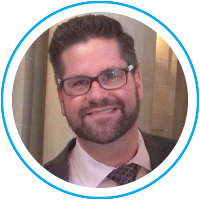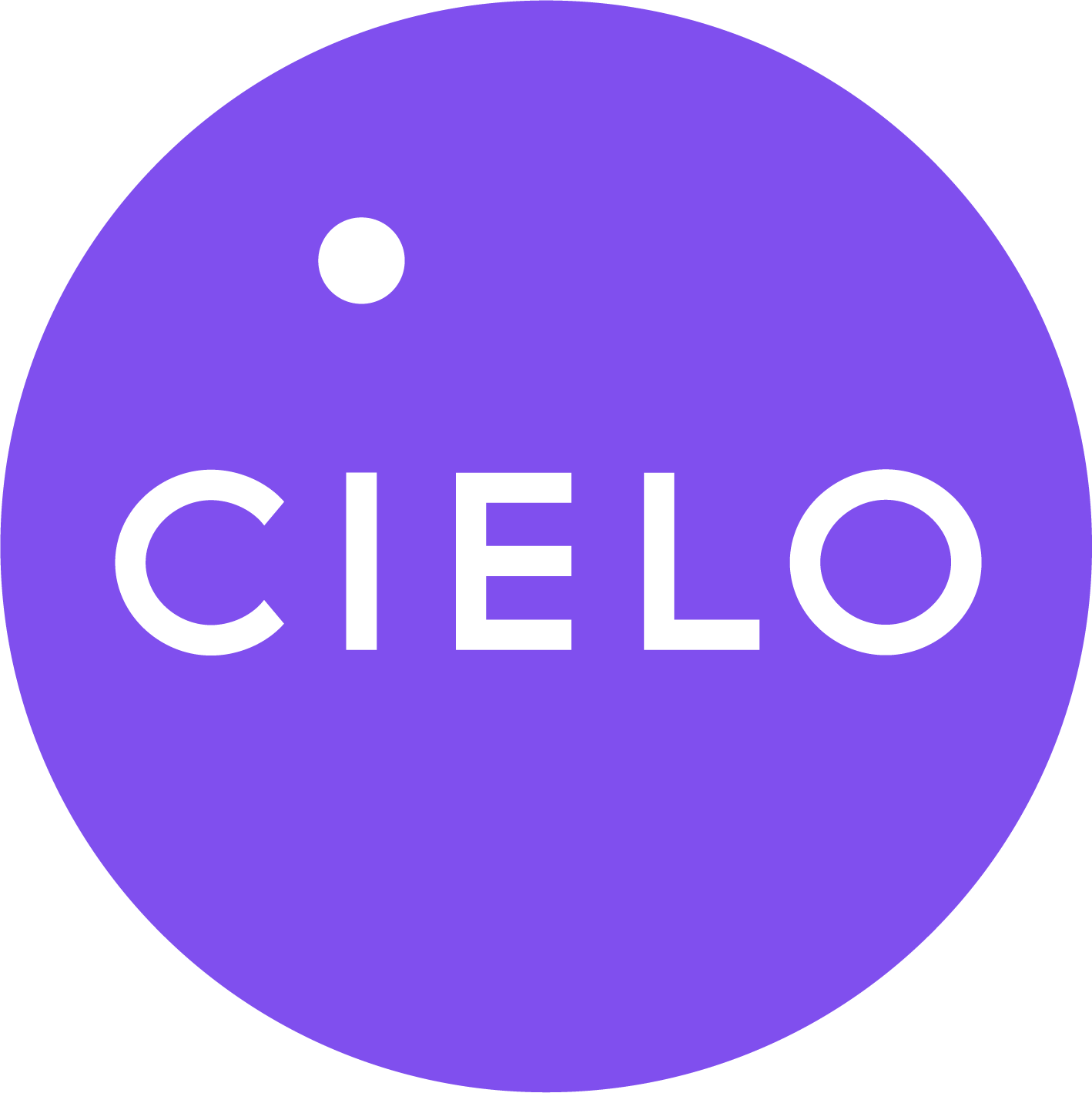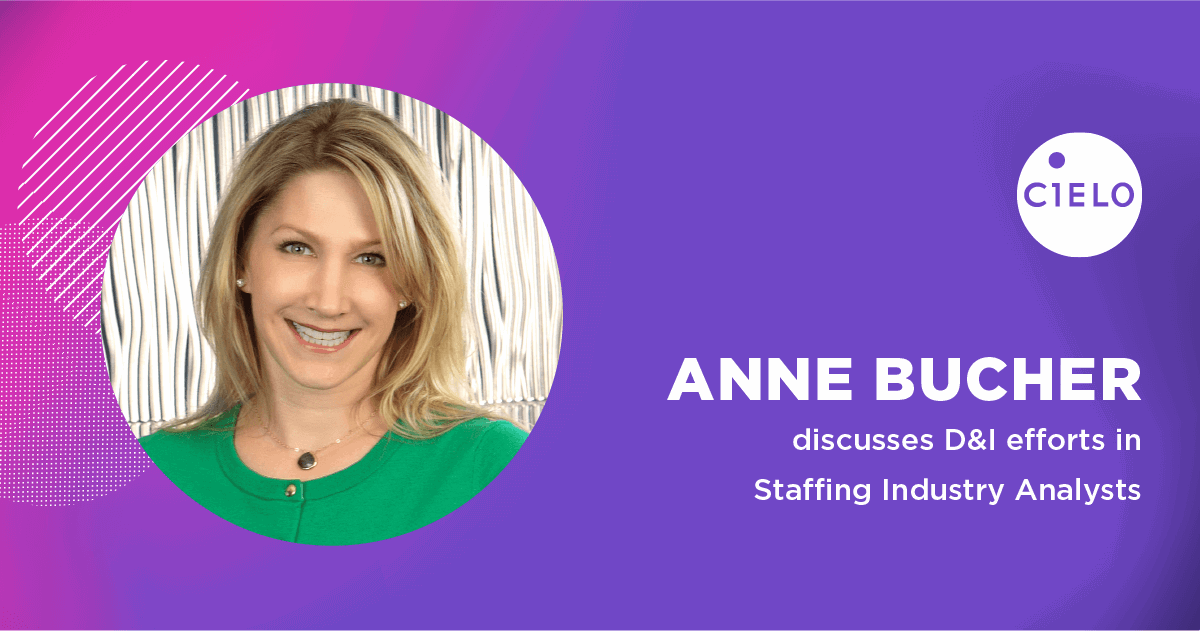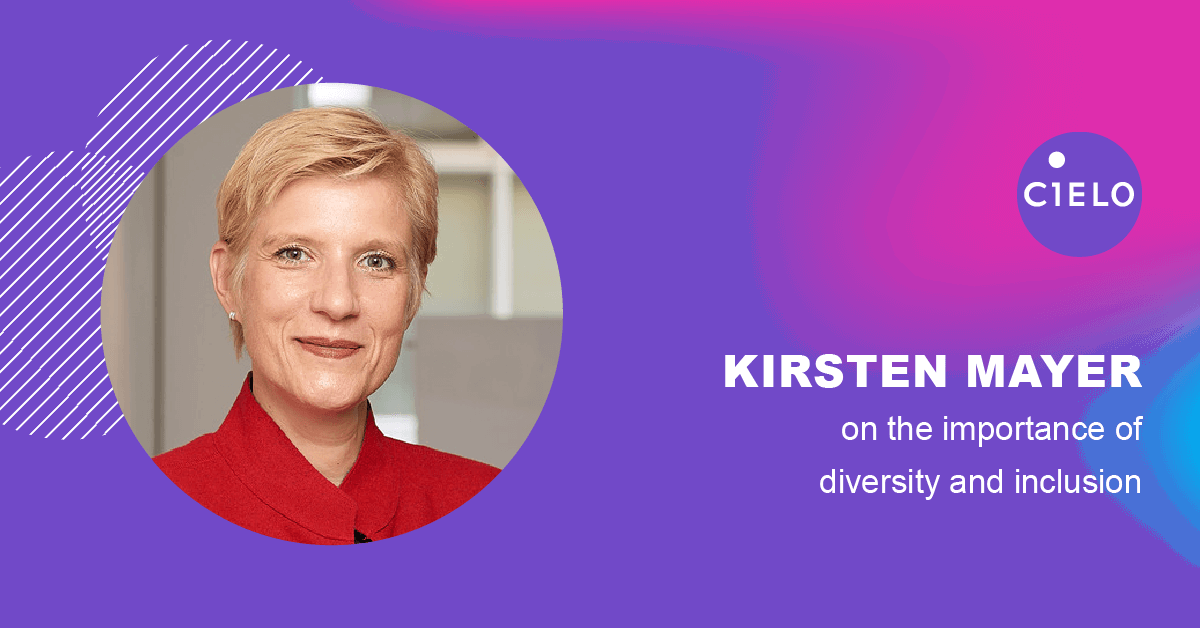 We asked one of our clients – Steven Wiseman, Director of Talent Acquisition at UCSF Health – to share his perspective on the talent acquisition challenges and opportunities his organization has faced, and how Recruitment Process Outsourcing (RPO) has helped.
We asked one of our clients – Steven Wiseman, Director of Talent Acquisition at UCSF Health – to share his perspective on the talent acquisition challenges and opportunities his organization has faced, and how Recruitment Process Outsourcing (RPO) has helped.
Cielo: What was the biggest anticipated talent acquisition challenge relative to UC-San Francisco’s expansion goals?
Steven Wiseman: We were preparing to open a new Precision Cancer Medical Building (PCMB) at our Mission Bay campus, which would include making about 200 hires. The main challenge was ensuring we made the right hires, many being hard-to-fill technical positions, within the timeline of the opening. That part would be a little bit like landing a plane. There were also different target starting dates for different positions, based on the training time needed to be ready for the opening. So, it was a complex undertaking with little wiggle room. We didn’t want to rely on travelers or contract workers to fill these roles which often happens when you have tight timelines. When we opened a new hospital about five years ago, we relied heavily on travelers, many of whom stayed for several years after the opening. Not only was this costly, but it was the wrong talent strategy. For our PCMB opening, we needed to open on time, but almost as important was having a permanent team in place that would be consistent for our patients and engaged in the mission from day one.
Cielo: What led you to choose RPO over handling recruitment internally?
SW: As with so many other talent acquisition teams, we are really operating at capacity. We are also a growing health system, and it became clear that as we expand our services in the communities we serve, we need the ability to ramp up resources periodically to meet the recruitment needs of the business. One way to do that would be to hire contract recruiters to work alongside my team, but we knew that approach would be less than efficient. Just the recruitment and training for those roles would have taken months and it might not ever be fully optimized for the scale. It’s also important to note that we are located in San Francisco, where office space is limited. So, being able to tap into virtual recruiters to help us ramp up was appealing. And as with any large project, the PCMB opening was going to have all eyes on it from the CEO on down, so we knew we needed a solution that was going to deliver and show the organization that HR was a trusted partner. I started exploring the RPO model as a potential partner, mainly as resource not only for the PCMB opening, but something we could use anytime we needed to scale up recruitment for any reason.
Cielo: What’s one key piece of advice you’d share with an HR leader looking at any type of organizational expansion?
SW: I would say to explore all options and do your homework. As with anything else, not all RPOs are created the same. Very few are operating at the level of Cielo in the healthcare space. Since we are a public employer, we conducted an exhaustive request for proposal, and it was very educational. I’d also say that this model can help move your talent acquisition function forward. We’ve really leveraged Cielo as sort of a “proof of concept” for consultative talent acquisition services we’d like to begin delivering internally. Some of those concepts can be difficult for leaders to understand or accept, but Cielo was able to demonstrate what that would look and feel like, which is helping us gain more resources internally.
A recruiting partnership built on a shared vision for change can transform your talent acquisition and improve results. Connect with us to discuss how to get started.



